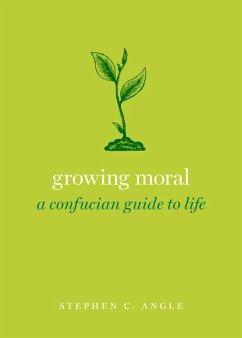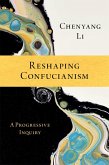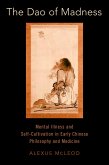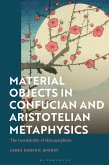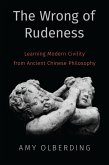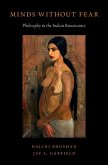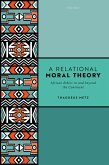Ancient and enduring, rich and wide-ranging, the tradition of Confucianism offers profound insights into how we can lead good lives--lives built on understanding that we are deeply connected to one another. For thousands of years, Confucian thinkers have carefully honed a philosophy for living fully, passing that knowledge along to their students over generations. Kongzi, also known as Confucius (551-479 BCE), is the most famous of the 2500-year-long tradition's philosophers. Though Kongzi lived more than two millennia ago and on the other side of the earth from many picking up this book, his teachings about how to live reverberate everywhere there are parents, children, and families; everywhere people feel stirrings of compassion for others, but sometimes selfishly ignore them; everywhere people wonder how they should interact with their environment. In
Growing Moral, philosopher Stephen C. Angle engages readers to reflect on and to practice the teachings of Confucianism in the contemporary world. Angle draws on the whole history of Confucianism, focusing on three thinkers from the classical era (Kongzi, Mengzi, and Xunzi) and two from the Neo-Confucian era (Zhu Xi and Wang Yangming). While laying out the fundamental teachings of Confucianism, the book highlights the enduring lessons that the philosophy offers contemporary readers. Although the book reveals the many helpful ways we can engage Confucian philosophy in our modern lives, it also scrutinizes those elements of Confucianism that may not align with 21st-century standpoints. Angle questions whether Confucianism, historically affiliated with patriarchal societies and monarchical governments, genuinely can be attractive to those committed to gender equality and democratic politics, and points the way towards a progressive, evolving version of Confucianism that is nonetheless consistent with the principles it has upheld over the centuries. At its core, Confucianism describes a way for humans to live and grow together in our world--a way characterized at its best by joy, beauty, and harmony. This book builds a case for modern Confucianism as a way of life well worth the attention of reflective modern readers no matter their age, where they live, or the paths they've taken so far.
Dieser Download kann aus rechtlichen Gründen nur mit Rechnungsadresse in A, B, BG, CY, CZ, D, DK, EW, E, FIN, F, GR, HR, H, IRL, I, LT, L, LR, M, NL, PL, P, R, S, SLO, SK ausgeliefert werden.

